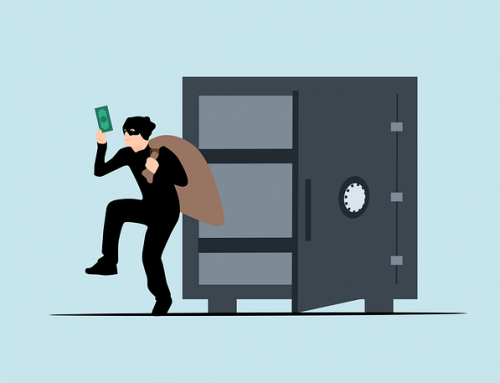In a nutshell, bail refers to the amount of money you pay to the court to obtain someone’s release after they are arrested. Bail exists as a monetary incentive to ensure the defendant shows up for their court dates. To help better understand how bail works and what’s involved, here are a few terms you should know.
Cash Bail
Cash bail refers to the amount of bail that must be paid to the courts to secure a defendant’s release from custody. The amount will vary significantly depending on the number and severity of the crimes that the defendant is charged with. Cash bail is paid directly to the court clerk and, once the defendant shows up for all of their court dates, is refunded to the payer (minus any relevant fees).
Bail Bond
A bail bond is not the same as cash bail. It is a far more affordable option to get someone out of jail and must be obtained by working with a bail bondsman. Unlike cash bail, a bail bond costs only a small fraction of the total bail amount. This is charged as a fee for using the bail bondsman’s services. As long as the defendant appears before the court at the appointed date and time, there will be no further financial obligation on your part.
However, if the defendant fails to appear, you may be required to pay the full amount of bail to the court clerk, and the defendant will likely be rearrested.
Bail Conditions
Bail conditions are set by a judge and stipulate the rules a defendant must follow in order to remain out of police custody pending their trial. These can include things like refraining from drug or alcohol use, staying away from certain people, or continuing to attend work/school.
If it is discovered that a defendant has violated their bail conditions, they will likely be rearrested and either need to be bailed out again or their bail will be revoked entirely pending their trial.
Collateral
Sometimes, a person uses collateral to secure their bail, and it can be used directly with a licensed, professional bail bondsman. Not everyone has the money to put up in order to secure someone’s bail. As a result, it’s possible to instead put up a piece of property as collateral. As long as the defendant appears before the court at their appointed date and time, whatever was put up as collateral will be safe. If they fail to do so, the collateral will be forfeit.
We hope this helps you understand a little more about the bail industry and what is required to get someone out of jail. If you have any questions or would like to get the bail bond process started right away, contact us any time.






